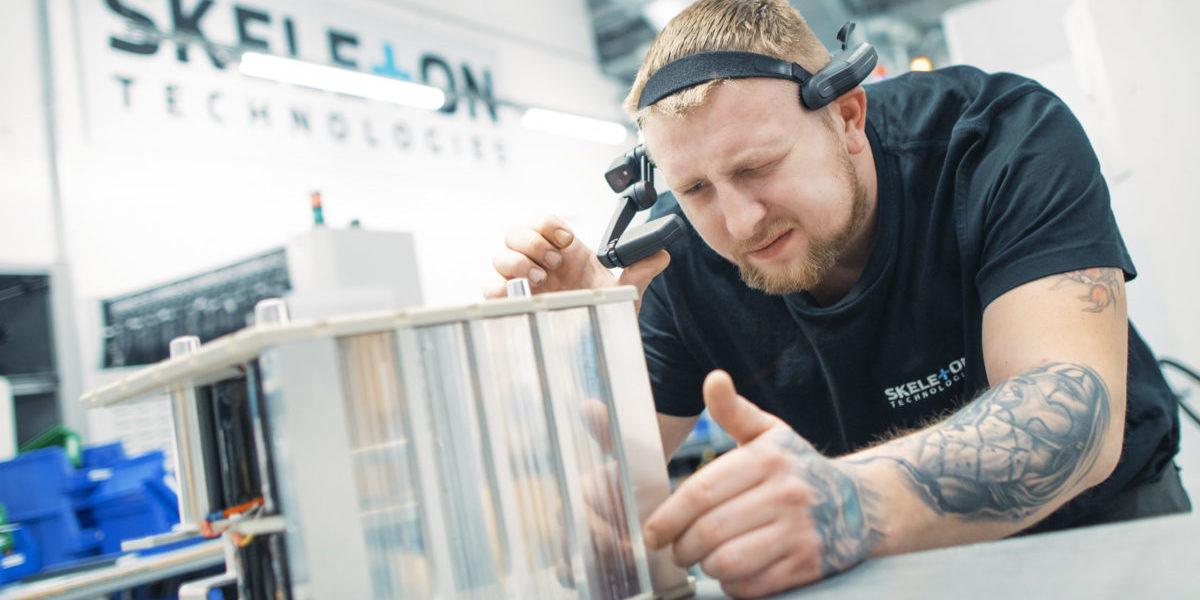From pv magazine Germany
Germany-based Skeleton Technologies has won a major customer for its SuperBattery. Energy giant Shell wants to use it across the board for its plans to electrify and decarbonize its mining operations. Skeleton will become a member of a consortium led by Shell to implement this plan.
Skeleton's SuperBattery is based on its patented curved graphene material. It combines the properties of supercapacitors and batteries in one solution.
The German company developed the technology for the specific requirements of different sectors. It is currently testing it in hybrid and fuel cell electric vehicles, buses, trucks, and charging infrastructure.
Shell is pursuing the goal of effectively reducing its carbon emissions using renewable energy and electrification.
“Mining is one of those sectors where decarbonization is particularly complex,” said Grischa Sauerberg, VP of mining, sectors and decarbonization at Shell.
Popular content
A transformation requires high performance and cost efficiency in equal measure, said Sauerberg.
“We see immense potential in the 1-minute charge time and 30-minute mileage for decarbonizing other heavy-duty segments besides mining,” Sauerberg added. “The energy storage system can run up to 50,000 cycles,” a spokesperson from the company told pv magazine.
Skeleton says its charging soluion is 100 times faster than traditional lithium-ion batteries. Off-road vehicles can be charged in less than a minute to have a range for another hour, it claims. The SuperBattery also has an energy density of 65 W/h per kg. In addition, the storage system is free of critical raw materials such as cobalt, copper, nickel and graphite, which increases safety.
“Over the next seven years, the mining sector represents one of the largest markets for us, with a revenue opportunity of around EUR 95 billion,” added Taavi Madiberk, the CEO of Skeleton Technologies. “This is not only due to decarbonization, but also to the tangible economic benefits for users of our solutions.”
Skeleton Technologies plans to start mass production of its SuperBattery in 2024.
This content is protected by copyright and may not be reused. If you want to cooperate with us and would like to reuse some of our content, please contact: editors@pv-magazine.com.



3 comments
By submitting this form you agree to pv magazine using your data for the purposes of publishing your comment.
Your personal data will only be disclosed or otherwise transmitted to third parties for the purposes of spam filtering or if this is necessary for technical maintenance of the website. Any other transfer to third parties will not take place unless this is justified on the basis of applicable data protection regulations or if pv magazine is legally obliged to do so.
You may revoke this consent at any time with effect for the future, in which case your personal data will be deleted immediately. Otherwise, your data will be deleted if pv magazine has processed your request or the purpose of data storage is fulfilled.
Further information on data privacy can be found in our Data Protection Policy.